Resources
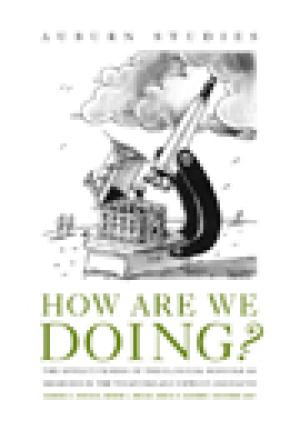
This study reports the results of the first-ever survey of graduates of theological and rabbinical schools in North America. The survey was sent to graduates from Protestant, Catholic and Jewish institutions who earned M.Div., M.A., Rabbinical or comparable degrees in 1995 and 2000. In addition, the Association of Theological Schools, the accrediting body for schools in the U.S. and Canada, provided data from their Entering and Graduating Student Questionnaires (ESQ and GSQ). In combination, these data provide answers to two crucial questions: 1) What do graduates do in the years after they complete their education and 2) How well do they think their theological training prepared them for their work? Generally, the news from this study is good. Large percentages of graduates assume the primary professional role for which their education prepares: leadership in a congregation or other religious organization. Attrition is fairly low. There are, however, causes for concern. Women graduates do not fare as well as men, and interest in congregational ministry is decreasing among recent graduates, especially among the growing population of younger students. Other positive findings include high ratings by graduates of their theological education, though practical training is not as highly rated as academic preparation. (From the Publisher)
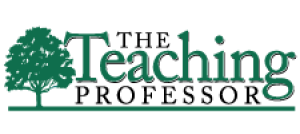
Journal Issue.
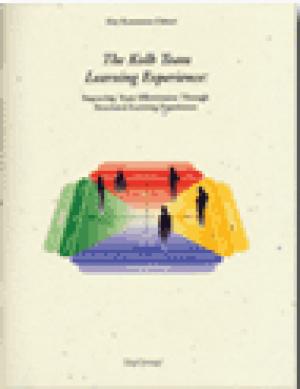
The Kolb Team Learning Experience (TLE) will guide a team through a cycle of learning - providing the team with opportunities to experience, reflect and do. Each module provides the team with: * an introduction to an important team-related concept * an opportunity to reflect on what the concept means for them as an individual team member * time to discuss what it means for them as a team * the chance for the team to experiment with what they have learned (From the Publisher)

Gives an abundance of practical advice on how active learning techniques can be used by teachers across the disciplines. Using real-life examples, the authors discuss how various small-group exercises, simulations, and case studies can be blAnded with the technological and human resources available outside the classroom. The book is engagingly written for all classroom teachers. (From the Publisher)
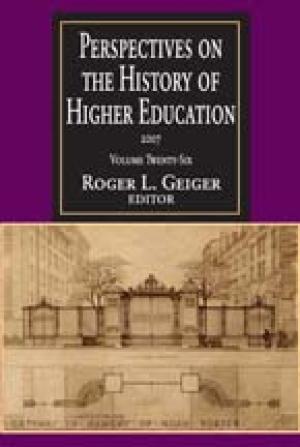
This volume of "Perspectives" opens with two contrasting perspectives on the purpose of higher education at the dawning of the university age - perspectives that continue to define the debate today. First A. J. Angulo recreates the controversy surrounding the founding and early years of the Massachusetts Institute of Technology. Whether presented as an alternative to or a repudiation of the prevailing classical liberal education, MIT was rejected as inherently inferior by college defenders. Second is George Levesque's penetrating reappraisal of Yale president Noah Porter (1870-1886). Known almost solely for his role as a college defender, Porter is revealed as a vigorous scholar who became fixated with preserving the strengths of Yale College. As these matters were vigorously debated during these years, Porter's position was superseded by more powerful forces. Considering the cliches about liberal domination of higher education, it is seldom appreciated that the conservative movement has had a presence on campus throughout the postwar era. Jennifer de Forrest uses the reorganization of several conservative foundations to offer a critical appraisal of their impact. Known as the "four sisters," the Bradley Foundation, the Scaife Foundations, the Smith Richardson Foundation, and the Olin Foundation have been sharply focused on winning student support by funding conservative scholars and networking organizations, as well as student groups and newspapers. The tempestuous state of academic publishing is made more vivid by the clash of colorful characters. At the dawn of modern academic publishing, the "Educational Review", published by Columbia's Nicholas Murray Butler, was the foremost journal in its field. Paul McInerny interweaves the history of this journal with the educational issues of the late nineteenth century and the remarkable career of Columbia's longtime president. An additional actor is James McKeen Cattell, a noted psychologist and prolific academic publisher. As a Columbia professor, Cattell was also a thorn in the side of President Butler. In 1917 Butler fired Cattell for criticizing the war effort, an egregious breach of academic freedom even for those early times. Events took an ironic turn, however, when Cattell later acquired Butler's former Review. (From the Publisher)
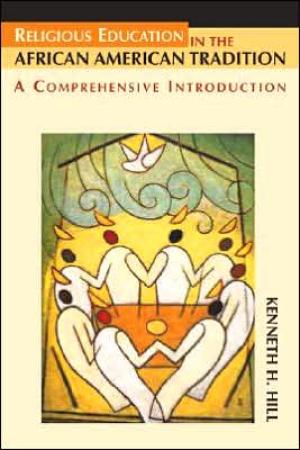
Hill indicates that the seeds for this writing project were first sown in the context of an ecumenical leadership event for church educators sponsored by the National Council of Churches, USA. The Black Church and the whole ecumenical community are now the beneficiaries of the fruit of his labors of love that began back then and even before. This compendium effectively weds the theologies and pedagogies that have served well faith formation in the African American church context, setting the framework for the teaching challenges which face the contemporary church. This work will serve as foundational for those whose passion, academic interest and calling are found in the educational ministry of the church. (From the Publisher)
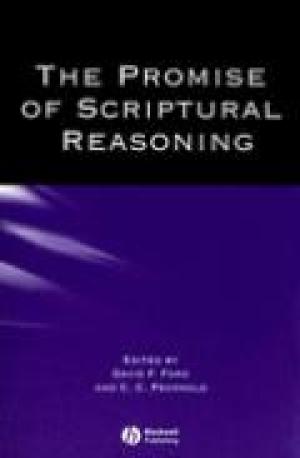
In 'scriptural reasoning', Jews, Christians and Muslims study their scriptures in conversation with one another. This innovative practice brings core identities into deep engagements with one another by returning to the sacred texts that give rise to their differences and their family resemblances. 'Scriptural reasoning' enables these differences, and agreements, to be worked through in a collegial context. It has already begun to produce fresh approaches to one of the great issues of the 21st century: how can the Abrahamic faiths understand each other and live together in peace?In this book, twelve contributors distil their critical and constructive thinking on 'scriptural reasoning' after nearly a decade of study and discussion. Their reflections range from introductory accounts and guidelines for the practice to literary-critical discussions and interpretations of texts. Several chapters draw on contemporary philosophies, such as pragmatism, phenomenology, and idealism. A critical conclusion invites readers to reflect on the promise of 'scriptural reasoning'. (From the Publisher)
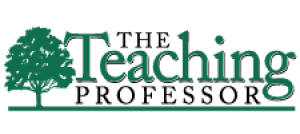
Journal Issue.
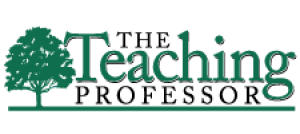
Journal Issue.
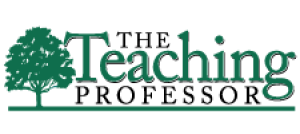
Journal Issue.